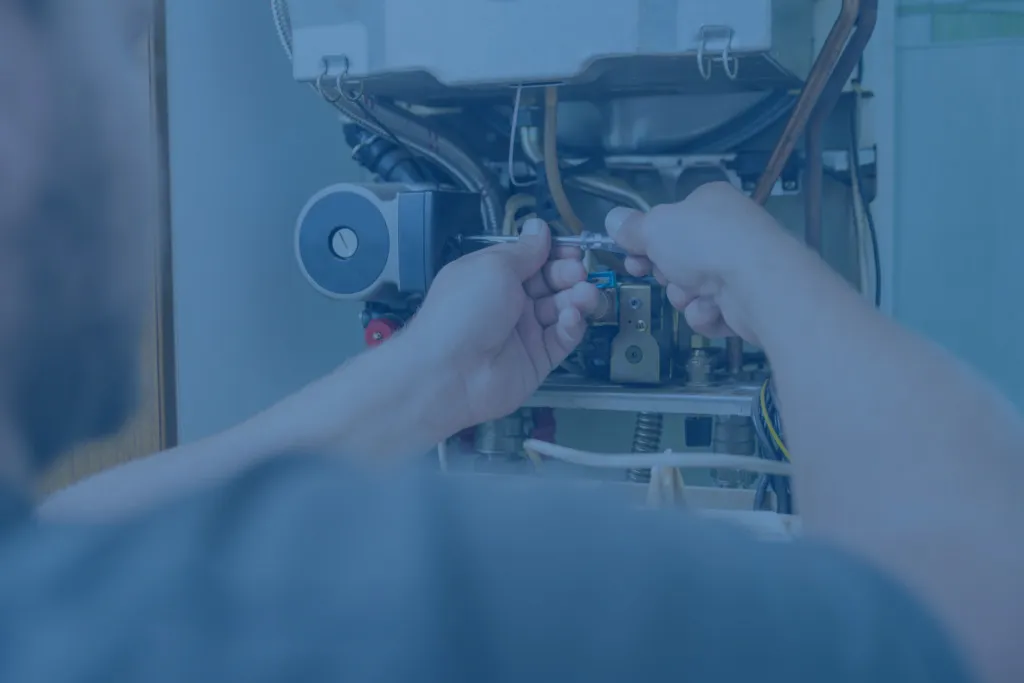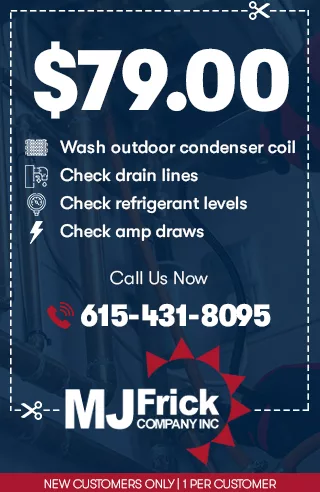How do I choose the correct HVAC System for my Nashville home?
There are various options when it comes to deciding your home’s Heating, Ventilation and Air Conditioning systems.
There are four main HVAC systems you can consider; Split Systems, Hybrid Systems, Duct-Free Systems and Packaged Systems. All of which are suitable for different homes and temperate zones.
It is important to consider the climate in which you live.
Consider questions like:
- Where do I live?
- Does my region tend to have a more tropical, dry, temperate, continental or polar climate?
- How much am I willing to spend?
- What HVAC system is best suited for my climate and family’s lifestyle?
- Is the system I am picking durable and efficient enough to accommodate my region’s climate and family lifestyle?
- Is my chosen system energy efficient?
Living in Nashville Tennessee, you are expected to see four distinct seasons.
You are subject to a more temperate climate, meaning, you’re more likely to experience each season at its more extreme levels.
Nashville sees hot and humid summers with temperatures reaching above 90 degrees Fahrenheit.
Winters tend to be much colder with temperatures dropping below zero degrees.
Winter is where Nashville will see most of its rain, with the majority of their (approximately) 120 days of rain occuring in the colder months.
Three HVAC Systems to Consider for Your Nashville Home
As mentioned earlier, there are a plethora of HVAC systems for your home. However, not all are suitable for Nashville’s Temperate climate.
You are best to consider these three HVAC systems when looking at installing an HVAC system in your Nashville home.
- Central Air Conditioning Systems:
These can come in two different systems:
- Split-System Units
- Packaged Unit Systems
When looking at installing a Central Air Conditioning system for your home, you are probably better off looking at a Split-System Unit as Packaged Units are better suited to bigger and more commercial buildings.
A Split-System Central AC system is arguably the most popular amongst the HVAC systems in residential homes.
They are efficient in how they run and are considered (in the long run) cheaper to run.
A Split-System HVAC unit consists of two components. One that is located inside the home, and one outside.
Because of this, a Split-System requires you to have outdoor space to accommodate for the overall efficient running of your system.
- Heat Pump Systems:
Heat Pumps would, arguably, be the most efficient and effective HVAC system for your Nashville home.
Unlike a standard Air Conditioner, Heat Pumps have the ability to both heat and cool your home.
In comparison to a standard Air Conditioner, your Heat Pump will move heat (recycle it into cold air in the summertime) rather than generate it.
Heat Pumps use less energy and therefore in return, are more energy efficient and are certified as one of the most energy-efficient models for HVAC systems.
The lifespan of your Heat Pump can vary depending on where you live and the climate of your region. Further, it can depend on your upkeep and maintenance.
Overall, if well maintained by the homeowner and annually checked by an HVAC technician, the average lifespan of a Heat Pump System is 15 years.
Ductless Mini Split Systems:
Ductless Mini Split systems are mostly popular amongst converted spaces and homes and offices with no ductwork.
This is suitable for homes where different individuals prefer different climate control temperatures as each unit can be regulated to its own desired temperature.
They are easy to install and are often very quiet and are also excellent in energy efficiency.
However, they are not very cost-efficient. Further, they can be a problem in warmer temperatures. These systems may not be efficient enough in their cooling for the warmer Nashville Summers.
Ductless Mini Split Systems, if well maintained, can last anywhere between 10 and 15 years. This lifespan is dependent on the environment in which you live and how often you use your system.













